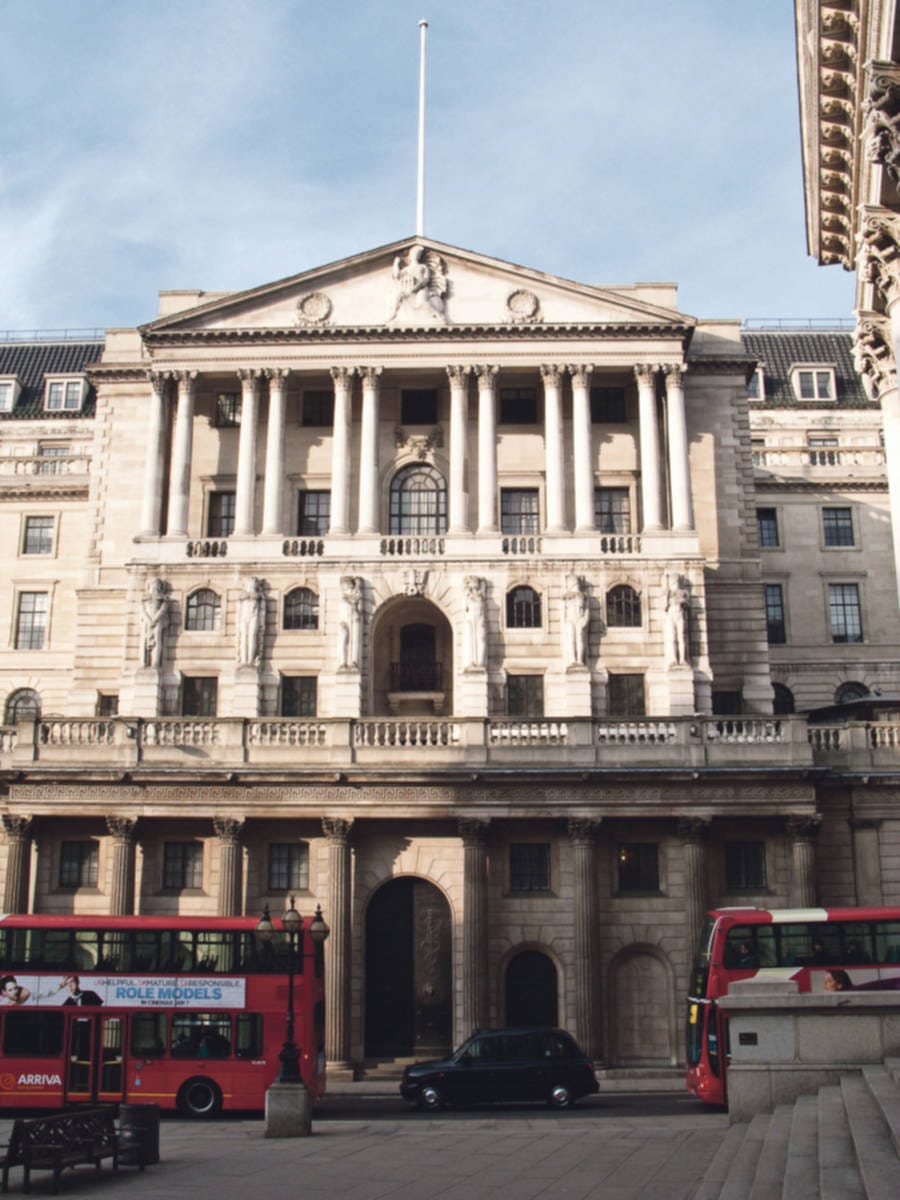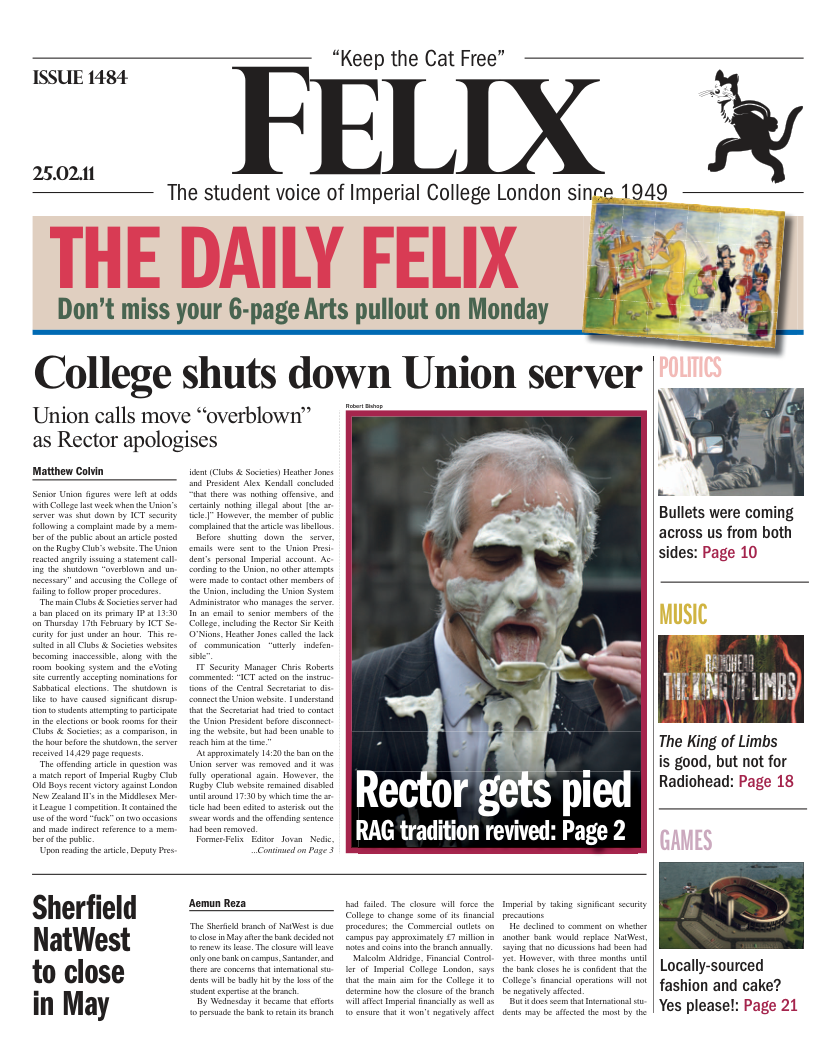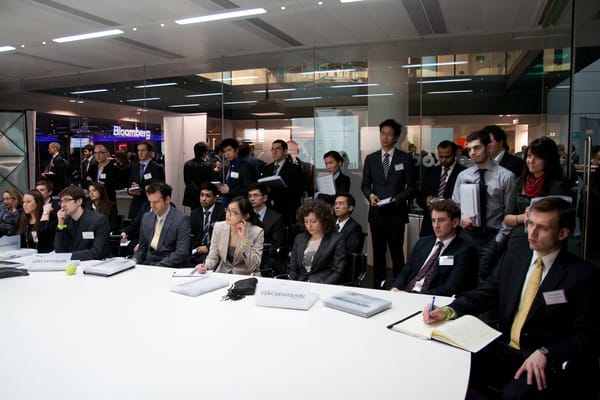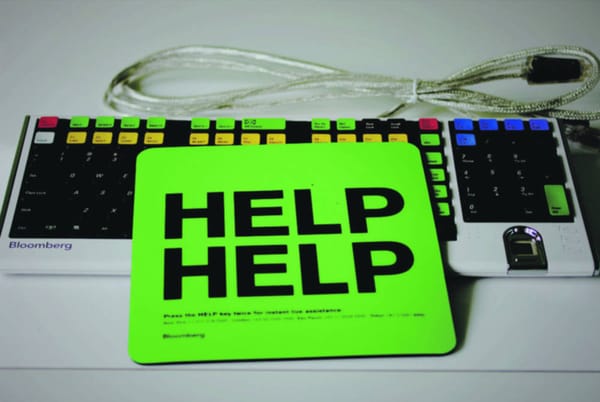Will the BoE raise its rates?
Fears about central bank inflationism have now come to the UK. Will it cause the Bank of England to change course?

A mid growing concern over the Bank of England’s focus on and commitment to keeping its inflation targets, one more committee member joined calls to raise interest rates. According to minutes from the latest monetary policy meeting, three members now find “the case for removing some monetary stimulus” compelling.
Of the other six members, five (including Governor Mervyn King), want to keep the base rate at its current 0.5 per cent, whilst one, Adam Posen, wants to increase stimulus spending by £50 billion.
On the pro raising rates side of the debate, Andrew Sentence, the first committee member to start calling for this, argued that, “there was mounting evidence that firms were able to pass on cost increases to the prices they set, and noted also that nominal domestic demand had been growing for some time at near to the top of its typical range prior to the recession.”
In other words, consumer demand has now returned to levels where, even according to static analyses that typically favour inflation in the monetary base, the danger of this causing inflation in price levels is imminent.
Moreover, “Of those members not favouring a rise in bank rate, some thought that the case for an increase had nevertheless grown in strength.” Even Adam Posen indicated he is getting more worried about inflation for similar reasons, “a sustained upward trend in global demand prospects, or a shift in sentiment against sterling, could outweigh the domestic forces pushing down on inflation.” These fears were summed up in the minutes as, “one possibility was that the recent increase in commodity prices, which in many cases had been associated with strong growth in emerging market economies, would continue.”
On release of the meeting minutes, which indicate the likelihood of higher interest rates on Sterling in the medium to long term, the value of the Pound relative to the US Dollar rose by almost one per cent, before losing half of these gains.
This was partly due to the Bank of England Governor Mervyn King’s warning to investors against assuming that the Bank would raise rates to limit inflation. Instead, he suggested that inflation is currently being caused by the recent VAT increase from 17.5 to 20 per cent, rising commodity prices and a weaker pound.
Whilst investors may have reasons for jumping on the news of a third man calling for fiscal tightening, as observers of the US Supreme Court have found over the years, no changes are certain until you can count to five. However, analysts are already predicting that Deputy Governors Charles Bean and Paul Tucker may be the next members to stand against Governor King’s resistance to raising rates in the midst of a still weak economy.
Concerns over central banks’ perceived cavalier attitudes towards inflation are not restricted to this side of the Atlantic. On the same day as the latest monetary policy meeting of the Bank of England, George Melloan, a former deputy editor of the Wall Street Journal, wrote in the paper, “The Fed is financing a vast and rising federal deficit, following a practice that has been a surefire prescription for domestic inflation from time immemorial. Meanwhile, its policies are stoking a rise in prices that is contributing to political unrest that in some cases might be beneficial but in others might turn out as badly as the overthrow of the shah in 1979. Does any of this suggest that there might be some urgency to bringing the Fed under closer scrutiny?”
Meanwhile, rises in oil prices that have resulted from the recent unrest in the Middle East have not help ease fears over accelerating price inflation. London Brent has already neared the $110 per barrel mark at the time of Felix going to press. Worst still, the investment bank Nomura is now predicting that, “If Libya and Algeria were to halt oil production together, prices could peak above $220 a barrel and OPEC spare capacity will be reduced to 2.1 million barrels a day, similar to levels seen during the Gulf war and when prices hit $147 in 2008.”
Despite reassurances from the Saudi Arabian Oil Minister Ali al-Naimi that OPEC (Organisation of Petroleum Exporting Countries) would tap into its spare capacity of 5 million barrels a day (one and a half times the combined production of Libya and Algeria), Nomura maintained that its call may even be an underestimate. An analyst at the bank even went as far as to compare the situation for the petroleum markets with that during the Persian Gulf War.
Despite the varying opinions on how the inflation rate will change in the near future, there is broad agreement amongst analysts that the next three to four months will reveal whether uncontrollable ratchet effects are going to kick in.









